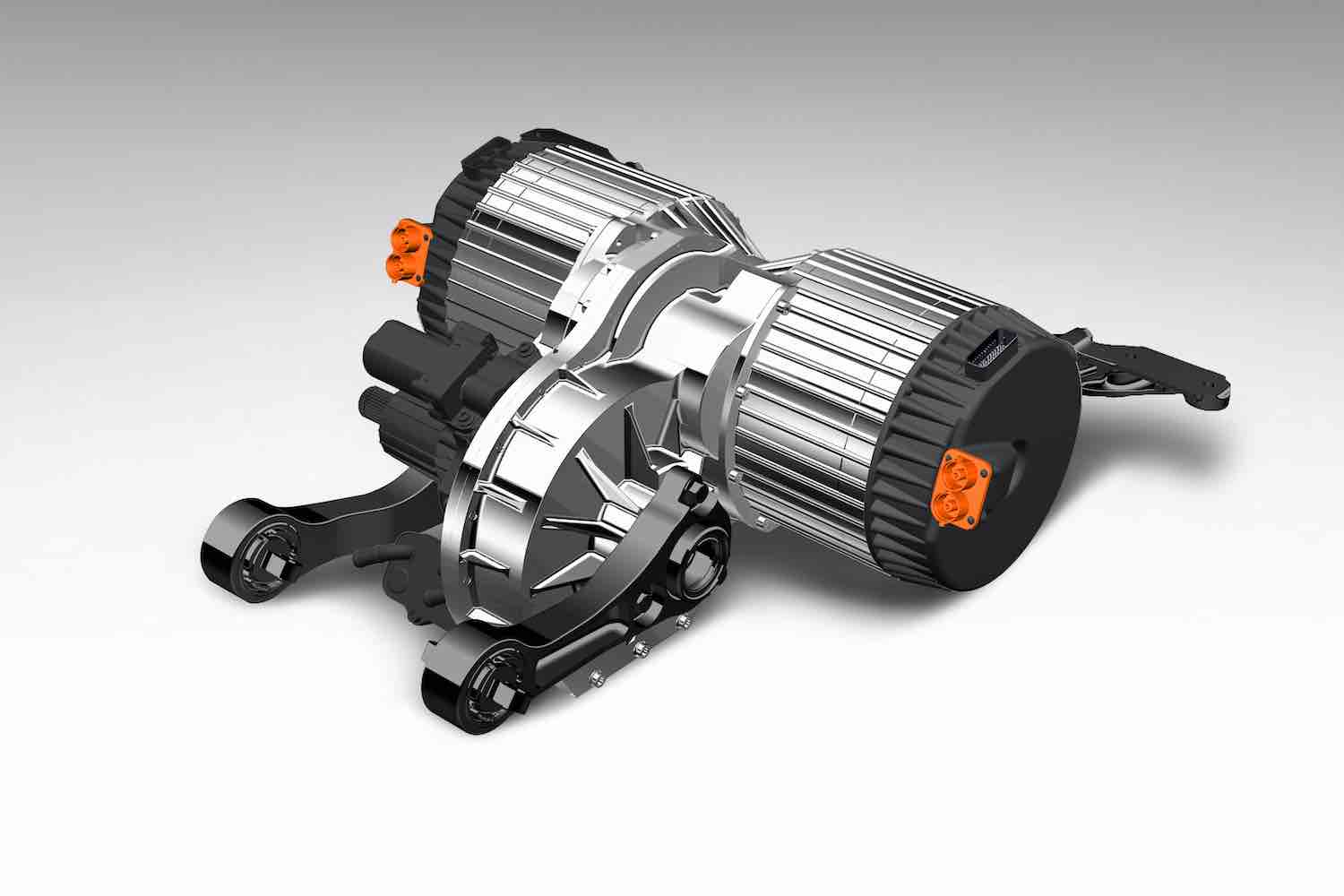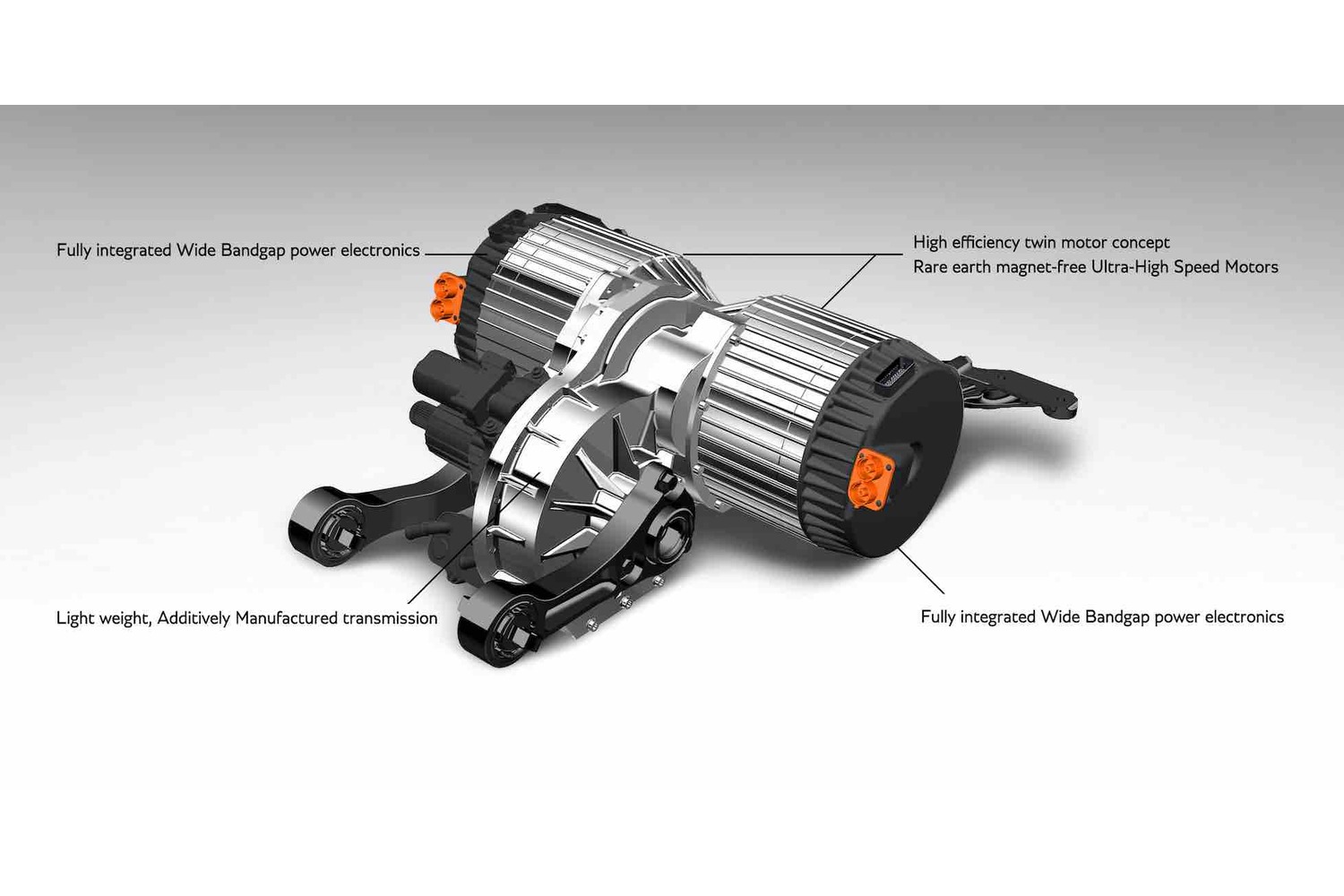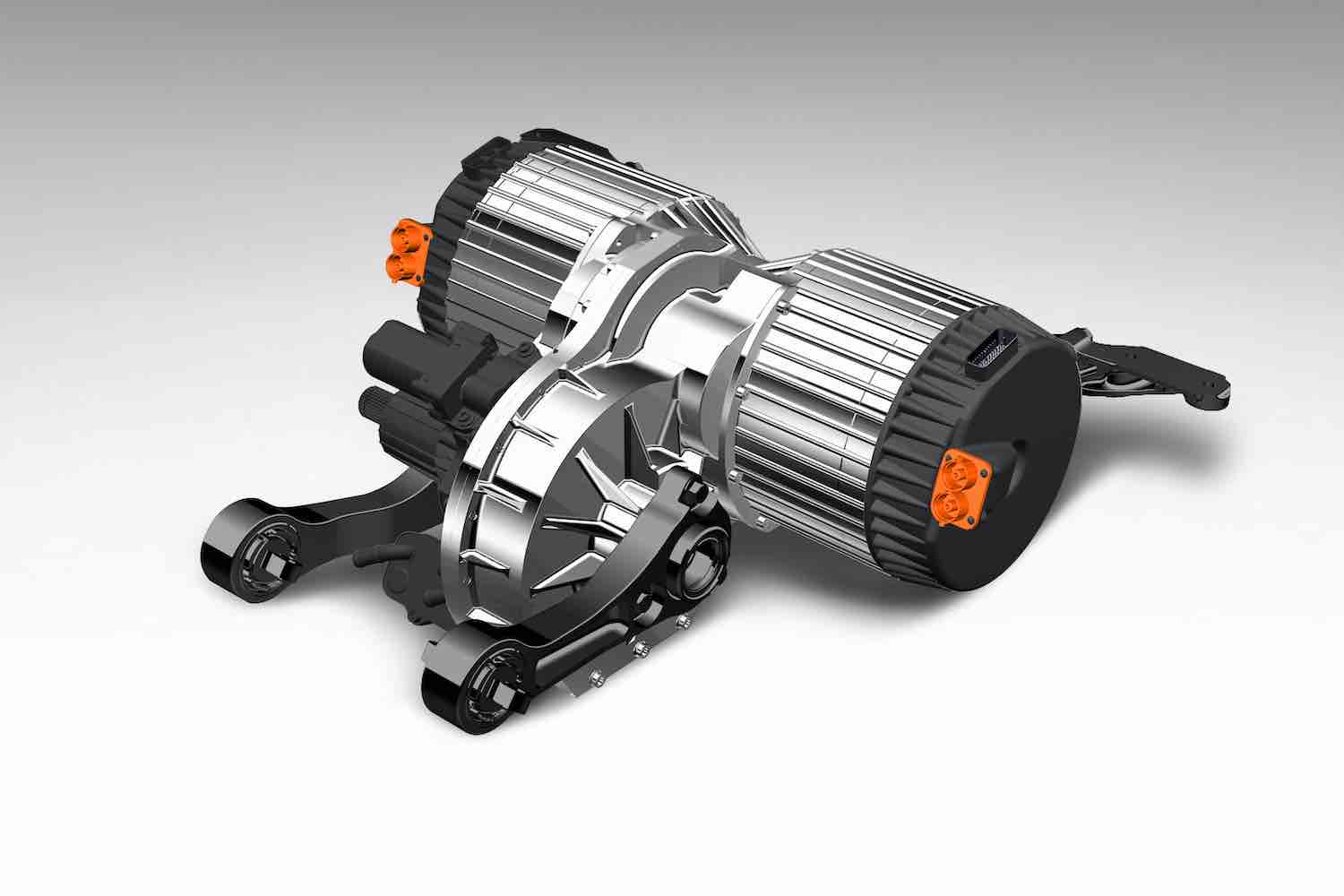Bentley, which has ummed and ahhed a little in recent years about the introduction of a fully-electric model has taken a big step towards that goal, with the announcement that it's made a major breakthrough in the development of electric motor technology.
Three year study
The luxury car company says that it's come to the end of the three-year study into electric motor tech, and that the result is a new motor, which can be fully-integrated into the axle of the car, and which uses no rare Earth metals.
The study, titled (in proper James Bond villain style) OCTOPUS (it stands, somewhat torturously, for Optimised Components, Test and simulatiOn, toolkits for Powertrains which integrate Ultra high-speed motor Solutions) is part of Bentley's plans to introduce its first fully-electric model by 2026. Although Bentley hasn't said what metals it uses in its motor, it does say that it does not use rare Earth magnets, nor copper windings, and so is easier to recycle than most existing motors.
Fully electric Bentley by 2026
Commenting on the project, Stefan Fischer, Director of Powertrain Engineering at Bentley Motors, said: "We have made no secret of our ambition to lead the way in the delivery of sustainable luxury mobility, Beyond100. We have a clear roadmap to offer a hybrid option for every model by 2023, starting with the Bentayga Hybrid, and our next goal moves towards a fully electric Bentley by 2026.
"However today, there remain challenges and package constraints on the viability and flexibility of electric vehicle powertrains that are able to fully support EV architectures. With the industry, technologies and cars changing faster than ever before, research projects such as OCTOPUS are crucial to deliver innovative technologies and overcome challenges for the next generation of mobility solutions."
Ground-breaking zero emissions technology
The research programme was part-funded by the UK government through its Innovate UK arm. Francesca Iudicello, Programme Manager for low & zero emission vehicles at Innovate UK added, "The IDP Programme is playing a significant part in the UK's push to net zero carbon by providing support for the development of ground-breaking zero emission technologies. The APEX and OCTOPUS projects are an outstanding example of how the partnership between a UK SME and a global OEM can continue through the different development stage of motor drives, which puts UK innovation at the forefront of the high performance PEMDs market worldwide."
Dr. James Widmer, CEO of Advanced Electric Machines Group, which partnered with Bentley on the research, said: "Having already worked closely with Bentley to successfully deliver a proof of concept, we look forward to this new project to push the performance, packaging and sustainability of electric vehicle drives to a new level, removing the need for rare-earths and copper and achieving the highest levels of system integration."



